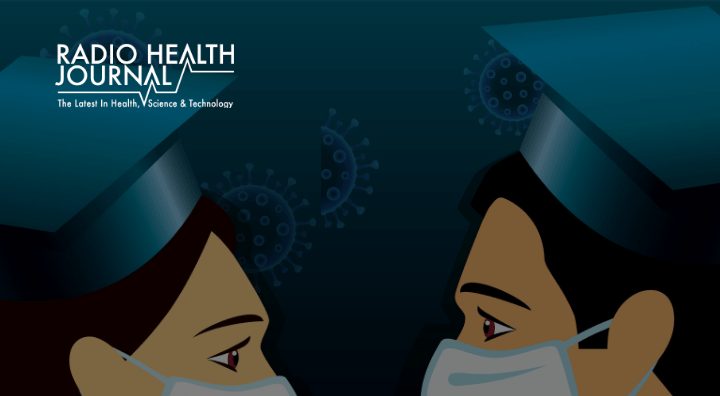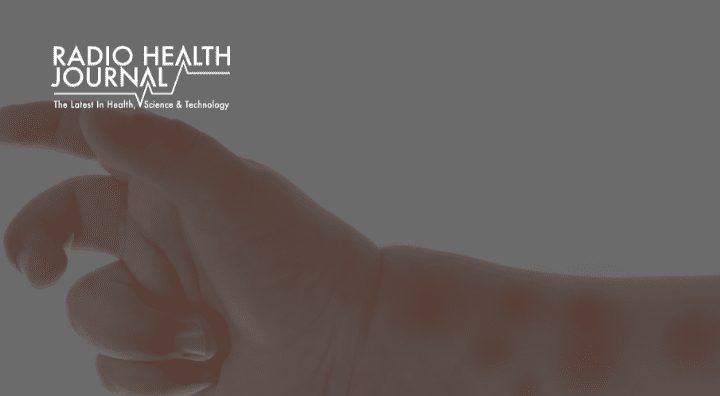With the opioid epidemic continuing to take many lives every year, people are concerned with how to stop it. In order to help counter this epidemic, Medicare has taken steps to implement limits on the prescriptions of opioids. However, the Medicare proposal has left doctors wondering if these new limits will do more harm than good for patients.
Currently, the United States is experiencing the second wave of the opioid epidemic. Dr. Anna Lembke, Associate Professor and Chief of Addiction Medicine at Stanford University School of Medicine, explains that opioid addiction arises from the prescription of these medications as a go-to for doctors even if the medical condition does not necessarily call for it.
Furthermore, Dr. Sally Satel, an addiction psychiatrist and lecturer at Yale University School of Medicine and Resident Scholar at American Enterprise Institute, states that another issue is not just the prescribing of opioid medications, but the over-prescribing. In many cases, a doctor will prescribe a patient an unnecessary amount of opioids, but this often leads to leftover medication that tends to get into the hands of people who are likely to abuse it.
So, one way that Medicare is working to counteract this is by regulating the quantity and overall dose of opioids that are allowed to be prescribed to a patient. Dr. Satel explains that by limiting the number of pills allowed when refilling a prescription, not only will it decrease the number of leftover pills, but it will also guarantee that those who benefit from opioids continue to take them appropriately.
Along with this, Dr. Lembke states that this limit on the number allowed to be prescribed is important because doctors most likely would not limit their prescriptions enough to a point that would allow for a decrease in the epidemic. With this regulation, the number of leftover pills being circulated outside of who they were prescribed to will decrease which will allow for a drop in the number of people addicted to prescription opioids.
The proposed Medicare regulations also came with a second leg to it. This other guideline would cut-off any doctor from prescribing a high-dose of opioid medications. However, Dr. Satel explains that many pain physicians had problems with this regulation because it would make it extremely difficult for patients who do benefit from these prescriptions, and use them properly, to have access to them. So, when the final Medicare proposal was released, this second guideline was altered to allow physicians to prescribe high-doses of opioid medications, but it gave pharmacists the power to override a high-dose request that seemed unnecessary.
While these Medicare limits are a step in the right direction for managing the opioid epidemic, there is still much that can be done to improve it. For instance, other medical treatments should be made more accessible through Medicare, explains Dr. Lembke. It’s important to reduce the access to opioids. However, it is also important to facilitate the use of other medical treatments to help with pain. Improvements are being made in the healthcare system to stop the opioid epidemic, but those who benefit from opioid prescriptions should not have to suffer.
Guest Information:
- Dr. Anna Lembke, Associate Professor and Chief of Addiction Medicine at Stanford University School of Medicine
- Dr. Sally Satel, addiction psychiatrist and lecturer at Yale University School of Medicine, and Resident Scholar at American Enterprise Institute











Leave a Reply